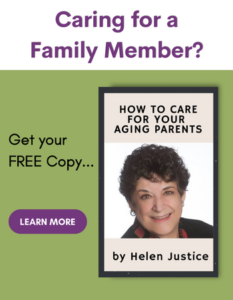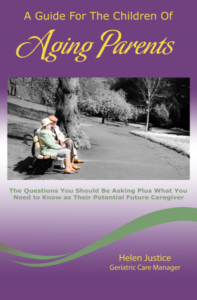The term “sandwich generation” refers to a generation of individuals who find themselves sandwiched between the responsibilities of caring for their aging parents and raising their own children. These individuals often face the dual challenge of meeting the needs and demands of both generations simultaneously.
Here are some Key Points about the Sandwich Generation:
Caregiving for aging parents
Members of the sandwich generation often find themselves taking on caregiving responsibilities for their aging parents. This may involve tasks such as managing their medical care, assisting with daily activities, coordinating appointments, providing emotional support, and making decisions regarding their parents’ well-being.
Parenting responsibilities
Simultaneously, the sandwich generation is typically still actively involved in raising their own children. This includes tasks such as nurturing, educating, guiding, and meeting the physical and emotional needs of their children.
Financial implications
Supporting both aging parents and children financially can place a significant strain on individuals in the sandwich generation. It may involve contributing to their parents’ medical expenses, assisted living costs, or providing financial support to their children for education, extracurricular activities, or other needs.
Emotional and physical stress
Balancing the demands of caregiving for two generations can lead to increased stress, anxiety, and fatigue. The responsibilities and challenges involved in managing the needs of parents and children simultaneously can take a toll on the individual’s mental and physical well-being.
Work-life balance
The sandwich generation often faces difficulties in maintaining a work-life balance due to the added caregiving responsibilities. Juggling work commitments with caregiving duties can be challenging and may require flexibility from employers, the support of coworkers, or the need to make adjustments to work schedules.
Support and self-care
It’s important for individuals in the sandwich generation to seek support and practice self-care. This may involve seeking assistance from other family members, friends, or support groups, as well as accessing community resources or professional services that can help alleviate some of the caregiving responsibilities. Taking time for oneself, engaging in stress-reducing activities, and prioritizing personal well-being are crucial in managing the challenges of the sandwich generation.
It’s important for individuals in the sandwich generation to acknowledge their own limitations, seek help when needed, and establish clear boundaries to avoid becoming overwhelmed. Open communication, setting realistic expectations, and involving other family members in the caregiving process can also help share the responsibilities and lighten the load.
Need advice on caring for your aging parents? Give us a call at 916-524-5151.











Stay Up To Date With AWGCM